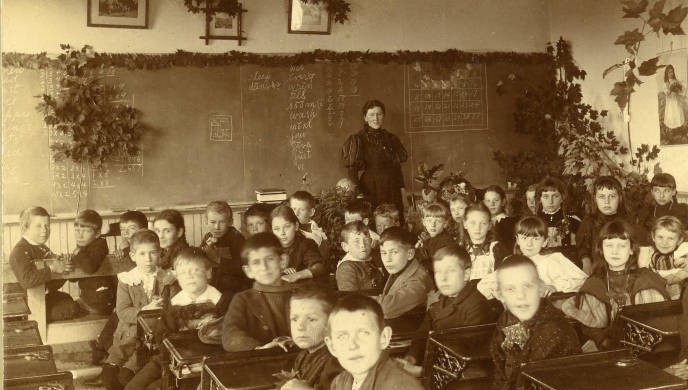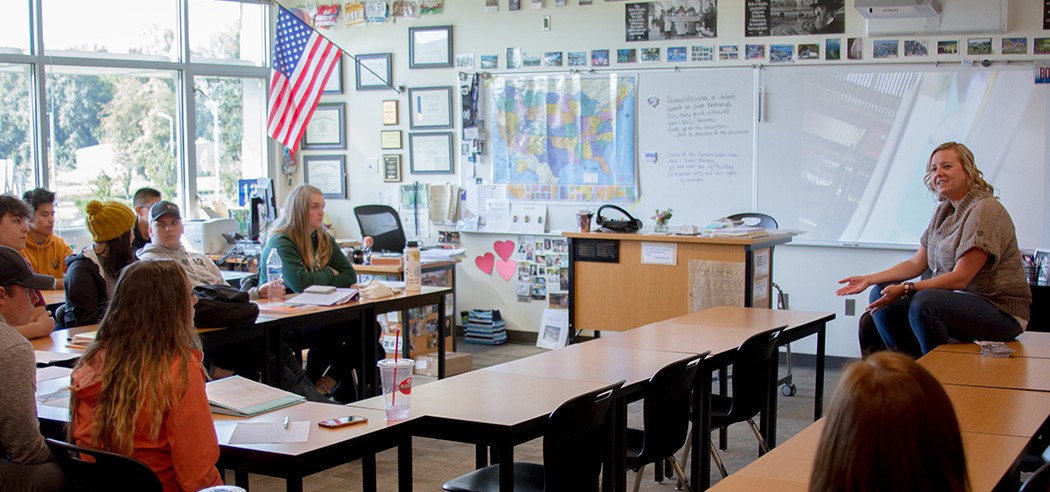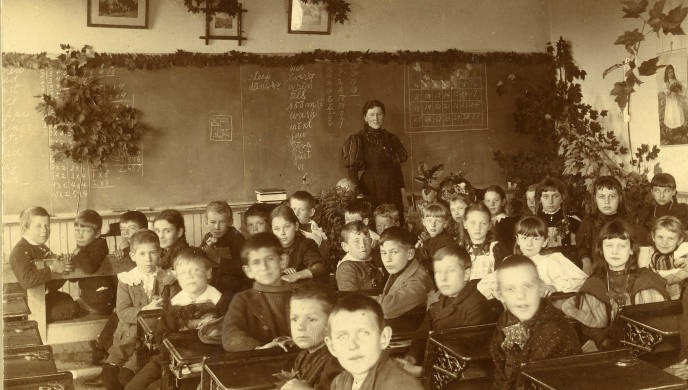Authors:
Historic Era: Era 10: Contemporary United States (1968 to the present)
Historic Theme:
Subject:
Winter 2025 | Volume 70, Issue 1


Authors:
Historic Era: Era 10: Contemporary United States (1968 to the present)
Historic Theme:
Subject:
Winter 2025 | Volume 70, Issue 1
Editor’s Note: After a distinguished career in academia (Northwestern University) and business (McKinsey & C.), Brook Manville researches and writes about the history of democracy and the future of free societies. He and Stanford Political Science professor Josiah Ober recently published a thoughtful book of ideas on how to renew our democracy, The Civic Bargain: How Democracy Survives. Like many observers, they have grown concerned about the state of civic education, but also offer solutions.

There is a long tradition of civic education in America, encompassing both informal and formal learning. Literacy rates in colonial America were high in comparison to contemporary monarchical and autocratic countries. Literacy promoted knowledge of current events and ancient history. It fostered the culture of critical thought, reasoned argument, and frank debate that was a precondition for the revolution.
Ratification of the Constitution was driven in part by the editorials of The Federalist, published to inform Americans about the issues and decisions that went into the creation of the nation’s new charter. Many of the Founders understood the importance of educating citizens to make the new democracy work, though they differed on the exact purpose and type of knowledge to emphasize. When Jefferson established the University of Virginia (1819), his intent was to “advance human knowledge, educate leaders, and cultivate an informed citizenry.”
Civic education content appears in some late eighteenth-century school materials, but became more prominent in school curricula during the first part of the nineteenth century when a movement arose for more coherent and widespread public education. Horace Mann, a key leader, emphasized that free, standardized, and universal schooling was essential to American self-governance, observing, “It may be an easy thing to make a Republic, but it is a very laborious thing to make Republicans; and woe to the republic that rests upon no better foundation than ignorance, selfishness and passion.”

During this same general era, Tocqueville’s observations in his Democracy in America underscored the significance of Americans learning about and reinforcing the all-important values of “equality of condition” in their many voluntary associations. He also